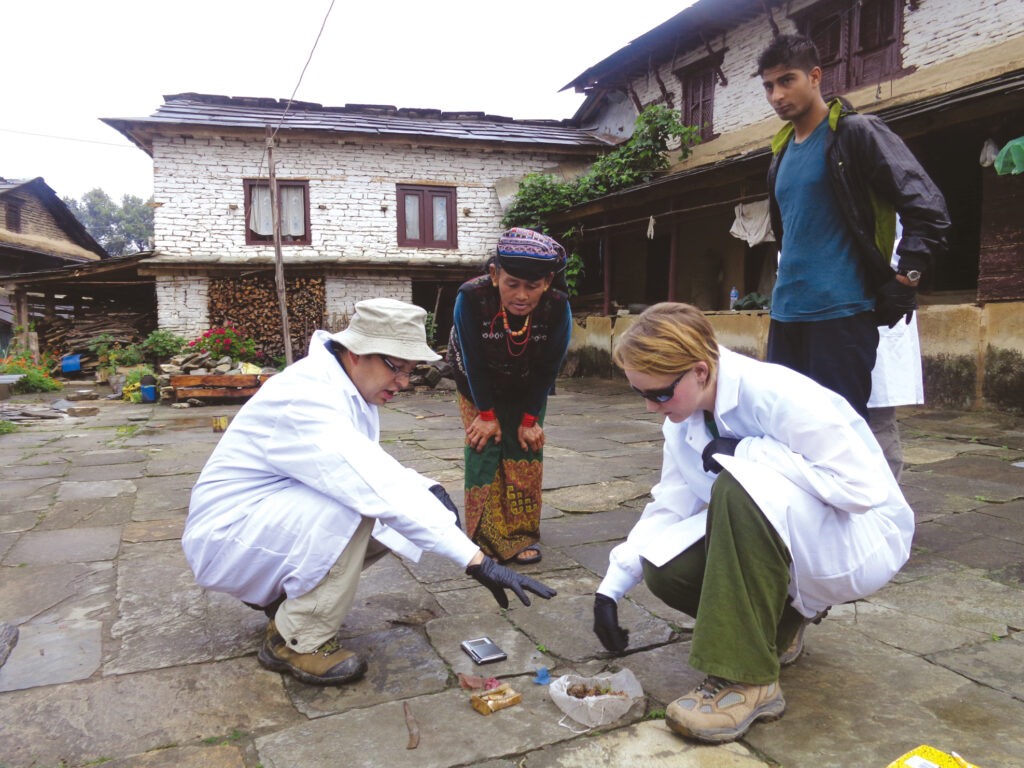
When Mohan B. Dangi PhD ’09 began traveling to Nepal in 1998, his goal was to help develop a renewable-energy curriculum for the nation’s K-12 schools, to create an environmental engineering degree for national universities, and to assist the newly established Alternative Energy Promotion Center.
Returning to his native country representing U.S. National Renewable Energy Laboratory to share his growing expertise, he says, was a dream come true.
But on one trip, while walking in the capital city of Kathmandu, Dangi noticed something: Alongside the medieval-era houses were piles of garbage left to putrefy in the streets, attracting bugs and mice. He decided to change focus.
“Yes, developing a curriculum is important, but what’s more important is doing something about this garbage,” Dangi remembers thinking. He wanted to find a solution that would address the problem, not just in Nepal, but in any developing country.
This brought him to the Whiting School of Engineering’s geography and environmental engineering program, where he learned to solve complex issues at the intersection of engineering, public policy, economics, and culture.
“Solid waste is a global problem, but it demands a local solution,” he says. “What works in the mountain communities of Colorado may not work in the mountain communities of Nepal.”
To deepen his understanding of how solid waste was being generated at the local level, Mohan applied sampling tools used by his professors in the Bloomberg School of Public Health: He identified the wards of Kathmandu by their residents’ income brackets, and then systematically visited each one to collect random samples of the garbage a household produced over two weeks. From there, he used this data to inform government leaders about how and why waste had become a problem.
It’s a technique he’s since replicated in other developing world cities, earning him international recognition in the form of two Fulbright Awards, a Jefferson Science Fellowship at USAID, and an Embassy Science Fellowship from the U.S. Department of State.
And the need for his work only increases. Solid waste is expected to grow from 2.01 billion metric tons to 3.4 billion metric tons by 2050, with the largest increase generated in lower- and middle-income countries. Though this work has kept Dangi busy for more than a decade, he says he still feels like a student as he travels to survey new countries and learns from the locals.
“I’m the first one who goes out and speaks with community members when we do these surveys,” he says. “That’s what I really enjoy, working with the locals and learning how they do things.”




